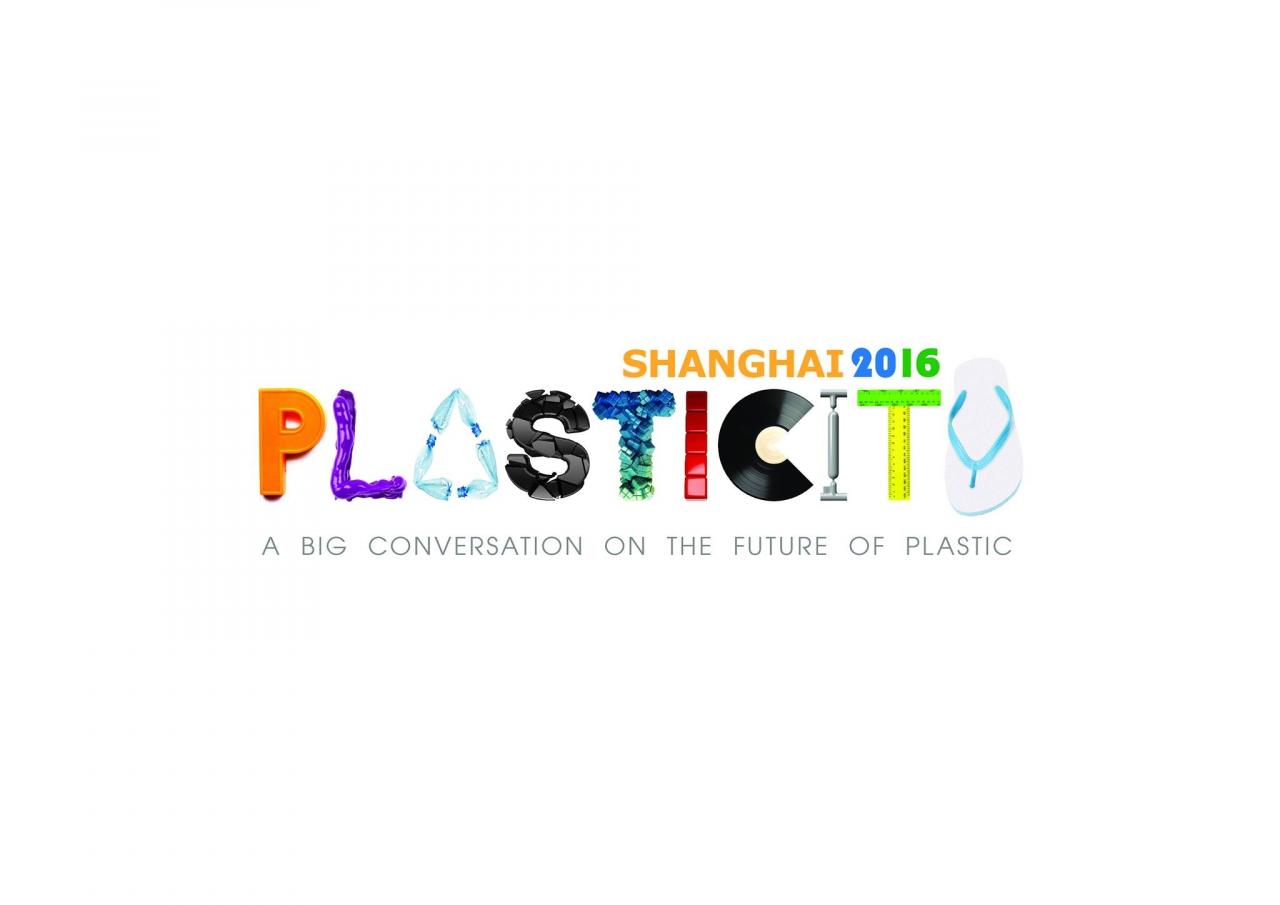April 15, 2016 Updated 4/15/2016
Email Print

Shanghai — While the plastics industry prepares for the upcoming Chinaplas trade show in Shanghai, a concurrent event will bring together industry, design, researchers, and social enterprises in a dialogue about the future of plastic and the role sustainability and design can play in the life cycle of plastic.
The Plasticity Forum is coming to Mainland China in its fifth year, after convening in Hong Kong, New York, Rio de Janeiro and Portugal. It aims to change the way the world thinks about plastics. With speakers from a wide range of industries — from plastics and chemicals to fashion and flooring — the forum hopes to get attendees thinking differently about the possibilities prioritizing sustainability could bring to plastics.
One of the much anticipated talks will be given by Kim Siu, marketing general manager at Watsons Water, which claims to be the largest manufacturer of distilled water in the world. Last year Siu and his team made the radical decision to change the source material for their smaller-size water bottles distributed in Hong Kong, Singapore and Taiwan from PET to recycled PET, saving a reported 75 million bottles from the waste stream.
In an interview with Plastics News, Siu said the decision started as a way to improve the brand but changed as he learned more about plastic usage and recovery.
“We’ve always considered ourselves as providing safest water in the region,” he said. “The problem is the past 10 years we’ve been receiving a lot of complaints and feedback about the environmental issue. We tried to fight back, but we realized people think that PET is environmentally unfriendly.” He learned about recycled PET from Doug Woodring, founder of the Plasticity Forum and the Ocean Recovery Alliance.
When Siu saw a competing brand getting good response to using a 30-percent plant-based material in its plastic bottles, he realized that the water bottle’s design could be a way to attract more interest in the brand.
“The branding is good, the water is good, but what about the bottle?” He challenged himself to do better than the competing brand, and within a half year, the company had sourced and tested a bottle made from 100 percent recycled PET Although the team considered a bottle made from a lesser percentage, Siu said they decided, “If we do something, we [must] do the best we can.”
Now Siu and his team are investigating making the switch to recycled PET for other water bottle products and modifying the design of the caps to reduce waste. They also would like to expand the bottles to Mainland China, although recycled PET is currently not allowed to be used in food-grade plastics there.
What started as a commercially motivated move developed into a core belief for Siu, he said. “I have been wanting to tell the world that it is not just recycling [that is important],” said Siu. “I’m a big fan of [telling people] why consumers should look for recycled materials [in their products].”
“When people complain about plastic, they are complaining about plastic waste,” he added.
Akshay Sethi is a recent graduate of University of California-Davis and CEO and founder of Ambercycle, a startup with an innovative approach to reducing plastic waste. He will speak at Plasticity about the technology he has developed. According to Sethi, the approach uses “synthetic biology to engineer custom-tailored organisms that can degrade plastics into its chemical components.”
The company recently won an H&M Global Change award for its polyester digestion process that can break down textile waste and then turn it back into a raw material. The innovation has the potential to change the way textile recycling is done.
Reducing the need for plastic is another topic for the Plasticity Forum. Lan Yihong, founder and chief social officer of Siyuan Water, will speak about edible packaging and the future of water. Siyuan is a social enterprise that provides water filters to rural communities in China. According to Lan, Siyuan is currently investigating how to use edible packaging to help communities that are not self-sufficient in water supplies. Lan, whose family works in wastewater treatment, saw a need and decided to use the resources his family’s business had access to and provide adequate and clean drinking water for children in China.
“To be shipping so much bottled water [to water-scarce areas] is going to create a plastics problem,” said Lan, “You could recycle but it is not very cost efficient.”
Lan hopes to commercialize and popularize the Spherification process used by upscale restaurants to turn liquid into spheres that look and feel like fish roe, using sodium alginate and calcium chlorate or calcium glucate lactate.
Participating in Plasticity, Siu said, is important because of the collaboration and communication between industry, design and environmental organizations. “It is not just about sharing ideas, but also verifying ideas. Some things might not be as green as I thought. They are the experts and I have to consult with them.”
“The goal is to have a world where plastic is used, but without creating a plastic footprint on our communities,” said Woodring.


























